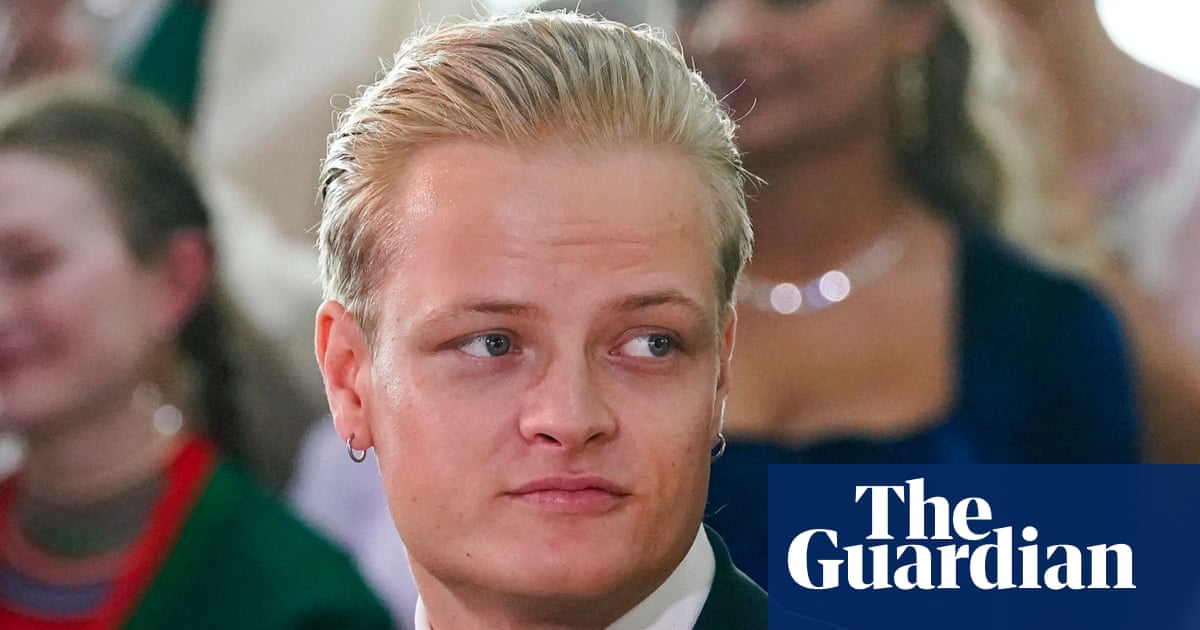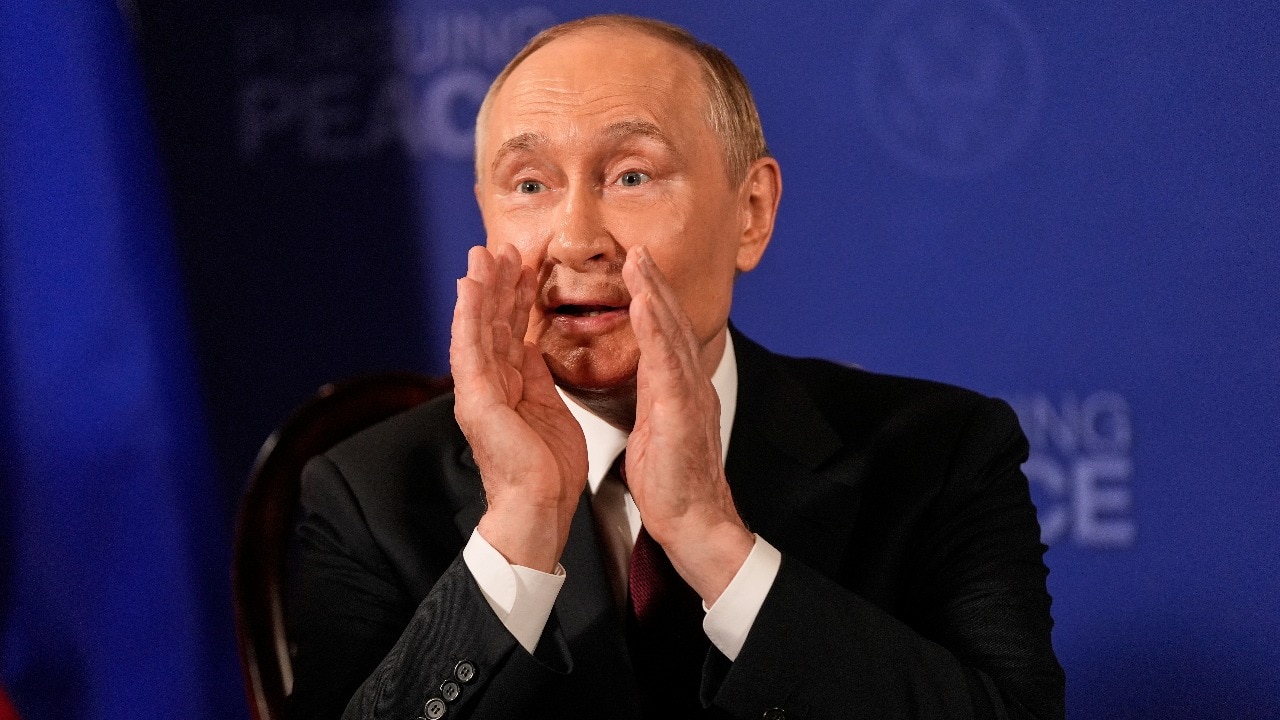Did Trump Just Drop a BOMBSHELL on UNESCO? The Shocking Truth Revealed!

Imagine a world where cultural and social causes could spark a national uproar! President Donald Trump has just shaken things up again, this time by pulling the United States out of UNESCO, a move sparked by what many are calling ‘woke’ policies that he believes do not align with American values.
According to a report by AFP, the U.S. State Department has made it clear that Trump's decision is rooted in a belief that UNESCO’s support for various initiatives, including DEI (Diversity, Equity, and Inclusion) policies and its pro-Palestinian and pro-China stance, is detrimental to national interests. It’s almost as if a soap opera is playing out on the global stage, with alliances and accusations flying left and right.
The controversy really gained steam back in February when Trump ordered a 90-day review of America's involvement with UNESCO. During this period, his administration took a hard look at the organization, particularly focusing on allegations of anti-Semitism and attitudes toward Israel.
In a statement that would make any political analyst raise an eyebrow, a White House official noted that “China has leveraged its influence over UNESCO to advance global standards that are favorable to Beijing’s interests.” Talk about geopolitical chess!
White House Deputy Press Secretary Anna Kelly further emphasized that Trump’s actions reflect a broader commitment to putting America first, stating, “This President will always put America First and ensure our country’s membership in all international organizations aligns with our national interests.” This bold declaration sends a clear message: America will not be swayed by international agendas that clash with its priorities.
However, not everyone is on board with this decision. Critics quickly highlighted UNESCO's recent initiatives, like the 2023 “anti-racism toolkit” and the upcoming “Transforming MEN’talities” campaign, as catalysts for Trump's concerns. The toolkit encourages member nations to adopt anti-racist policies and to strive for social justice through confronting historical injustices. This approach, while noble, has been criticized for pushing political agendas that some see as divisive.
Interestingly enough, this is not the first time the U.S. has distanced itself from UNESCO. Back in 1983, during Ronald Reagan’s presidency, the U.S. pulled out for similar reasons. At that time, it was argued that UNESCO had become overly politicized, displaying hostility towards free societies and engaging in unchecked financial growth.
As the dust settles from Trump’s latest move, the implications for American diplomacy and international relations are still unclear. Will this withdrawal further isolate the U.S., or will it empower a new wave of nationalism? Only time will tell!


















